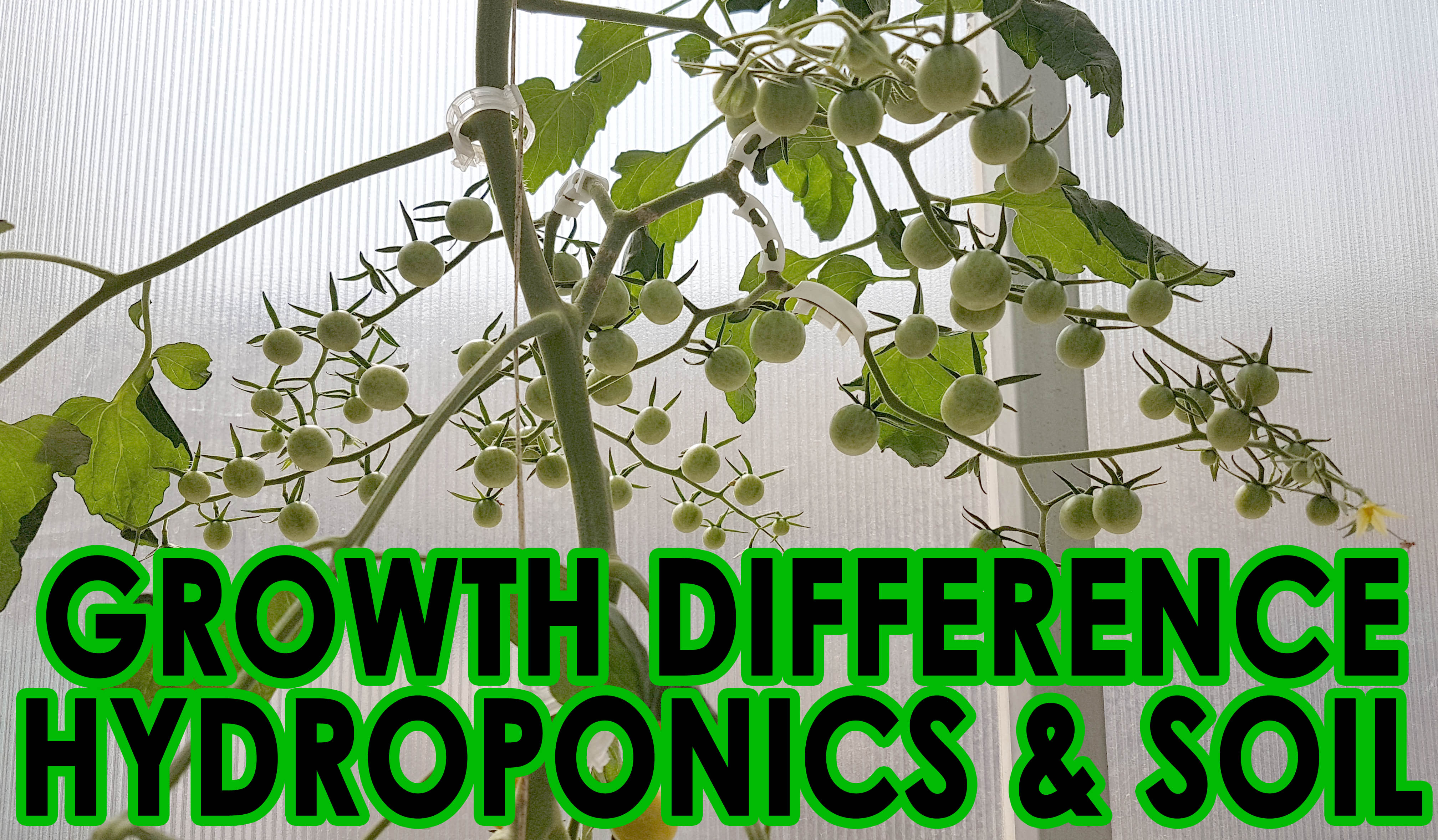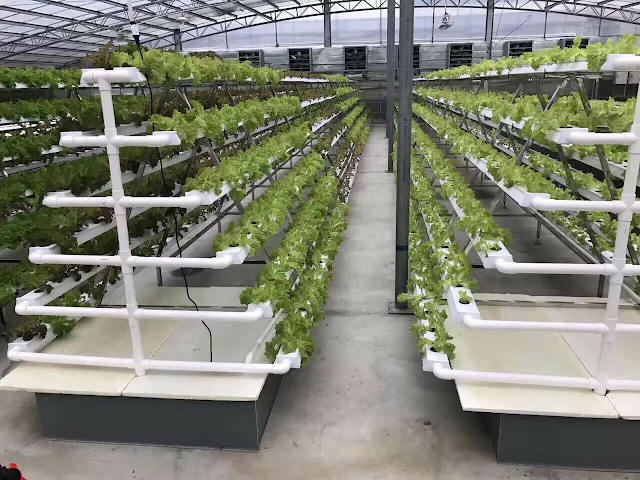Hydroponics vs. Soil Farming: Pros and Cons of Each Method

In the world of agriculture, there's a perpetual debate over which method reigns supreme: hydroponics or traditional soil farming. Both have their devoted followers, each swearing by the efficacy and superiority of their chosen method.
But what are the real differences between the two, and which one might be best suited for your needs? Let's dive in and explore the pros and cons of hydroponics Central Coast versus soil farming.
Understanding Hydroponics
Before we delve into the comparison, let's get acquainted with hydroponics. In simple terms, hydroponics is a method of growing plants without soil, instead using nutrient-rich water solutions to provide plants with everything they need to thrive.
This method has gained popularity in recent years due to its potential for higher yields and water efficiency.
Pros of Hydroponics
1. Water Efficiency: One of the most significant advantages of hydroponics is its water efficiency. By delivering water directly to the plant roots, hydroponic systems can reduce water usage by up to 90% compared to traditional soil farming methods. This not only conserves water but also reduces the risk of water-related diseases in plants.
2. Faster Growth: Without the need to search for nutrients in the soil, plants grown hydroponically often experience faster growth rates. This accelerated growth can lead to quicker harvests, allowing for multiple growing cycles in a single season.
3. Space Optimization: Hydroponic systems are highly versatile and can be set up in a variety of environments, including urban spaces where land availability is limited. Vertical hydroponic gardens, for example, make efficient use of vertical space, maximising the number of plants that can be grown in a small area.
Cons of Hydroponics
1. Initial Investment: While hydroponic systems offer long-term benefits, they often require a significant initial investment in equipment and infrastructure. This can be a barrier for small-scale farmers or hobbyists looking to get started.
2. Technical Knowledge: Successful hydroponic farming requires a good understanding of nutrient solutions, pH levels, and proper maintenance of equipment. Beginners may face a learning curve when first starting out with hydroponics.
Exploring Soil Farming
Now, let's turn our attention to soil farming, the age-old method of growing plants in the ground using natural soil as the growing medium.
Pros of Soil Farming
1. Natural Nutrients: Soil contains a complex ecosystem of microorganisms and nutrients that contribute to plant growth. Unlike hydroponics, soil farming relies on these natural processes to nourish plants, which some argue leads to better flavour and nutrient profiles in the produce.
2. Lower Initial Costs: Compared to hydroponic systems, soil farming typically requires less upfront investment in equipment. With basic gardening tools and access to fertile soil, anyone can start a garden at a minimal cost.
Cons of Soil Farming
1. Water Usage: Traditional soil farming methods can be less water-efficient compared to hydroponics. Water is often lost to evaporation or runoff, especially in arid climates, leading to higher water usage and potentially contributing to water scarcity issues.
2. Limited Space: Soil farming requires ample land space, which can be a constraint for urban dwellers or those with limited access to arable land. Additionally, soil quality can vary greatly depending on location, posing challenges for consistent crop yields.
Choosing the Right Method for You
So, which method is the winner in the battle of hydroponics vs. soil farming? The truth is, it depends on your specific needs, resources, and preferences.
If you're operating in a small urban space and prioritise water efficiency and fast growth, hydroponics Central Coast might be the way to go. On the other hand, if you have access to fertile land and value the natural complexity of soil ecosystems, traditional soil farming could be the better choice.
Ultimately, both methods have their merits and drawbacks, and the best approach is often a combination of the two. Experimenting with both hydroponics and soil farming can help you discover what works best for your unique circumstances, whether you're a commercial farmer or a home gardener.
Conclusion
The debate between hydroponics and soil farming isn't about finding a winner—it's about exploring the diverse options available and finding the right fit for your individual needs. So, whether you're dipping your toes into the world of hydroponics Central Coast or sticking with the tried-and-true methods of soil farming, remember to embrace the journey of growing your own food and enjoy the fruits (or vegetables!) of your labour.


Comments
Post a Comment